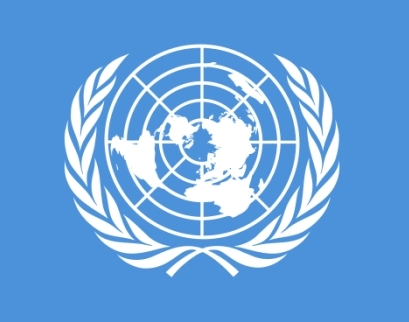Christophe Foltzenlogel, lawyer at the ECLJ – European Centre for Law and Justice – has drawn attention to changes in the “Millennium Development Goals and post-2015 Development Agenda” adopted by the UN in September 2000 at the “Millennium Summit”.
In terms of improvements in maternal health, the programme seeks “to lower the maternal mortality rate by 75%“. To date, the question of abortion and birth control has not been part of this fifth goal or UN reports relating to the millennium goals. However, western governments and the UN want “to include abortion as a post-2015 goal in future, as a means of improving maternal health“. And in a 2011 report, “the United Nations’ High Commissioner on Human Rights explicitly called for States to legalise abortion“. However, in many States, Christophe Foltzenlogel explained that abortion was a criminal offence and that “no UN treaty or legislation has so far imposed Member States to legalise abortion“.
These UN declarations have triggered severe reactions “because they break the international consensus in favour of protecting life and the desire not to promote abortion“. International legislation does not contain any right to abortion [continued Christophe Foltzenlogel], on the contrary, it is devoted to the right to life“. Furthermore, intervention by the UN Human Rights Committee, which recently accused Ireland of being “in violation of human rights” because it “does not authorise abortion in the case of rape and deformity, and does not reimburse transport costs abroad for pregnant women who travel there for an abortion” clearly shows that there is a desire to legalise abortion in all Member States (Gènéthique press review on July 14th, 2014).
Moreover, numerous studies show that “abortion, whether medicalised, and legal or not, presents risks for women” and “such procedures have numerous repercussions,” stressed Christophe Foltzenlogel: “One in ten women who has an abortion suffers complications and in every other case, the woman’s life is in danger“. Maternal health cannot be improved “by promoting the legalisation of abortion“. On the contrary, it is important to promote “a suitable diet, to ensure the presence of qualified midwives and medical monitoring before, during and after childbirth“. Because there is a “correlation between major medical progress and women’s health“.
For Christophe Foltzenlogel, “the legalisation of abortion will not reduce the maternal mortality rate. […] Under the guise of combating maternal mortality, the aim of this sexual and reproductive health policy is to profoundly change society in developing countries by reducing their fertility. It is a case of exporting, no more and no less, the ‘western social model’, which mainly comprises contraceptives and abortion, to poor countries.”
Zenit (Christophe Foltzenlogel) 24/07/2014 – Liberté politique (Christophe Foltzenlogel) 24/07/2014

